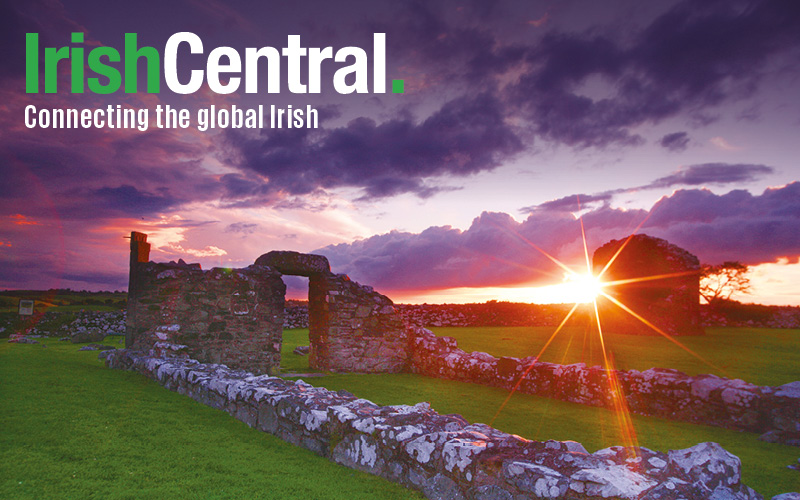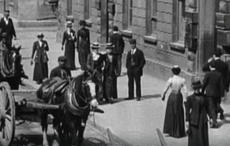WHILE many Americans equate Memorial Day with the beginning of long summer weekends and a steak on the BBQ, the reality of the day is far more sobering.
We live, alas, in an era where remembrance of things past is not encouraged. Indeed, we seem hardly to want to remember we still have a standing army in Iraq, and that daily casualties are incurred.
It is not sexy or cool to discuss such realities these days. The here and now does not include the story of how we got here and where we came from. We are all the poorer for that.
After all, what are we without our shared history? How sad that so many of our young people are not taught to remember.
Those who came before and died for their country created the conditions under which we all live, the most successful democracy in the world, warts and all.
We live instead in an era where the immediate and the future are the only realities for so many, where the search for the next celebrity or superstar is the only important life quest. We do our own legacy no service with such focus on the trivial.
So a brief history lesson, if we may ask for such indulgence. It was in the wake of the American Civil War that Memorial Day was first proposed as a way to honor the fallen of the conflict that almost tore America apart.
According to the official website, Memorial Day was officially proclaimed on May 5, 1868 by Irish American General John Logan, national commander of the Grand Army of the Republic, in his General Order No. 11.
It was first observed on May 30, 1868, when flowers were placed on the graves of Union and Confederate soldiers at Arlington National Cemetery. In time the day became an occasion for the armies of the war to come together in common grief over their fallen comrades.
According to the General Logan museum, his father, Dr. John Logan, was a native of Co. Monaghan who came to the U.S. in 1788 with his parents. His son went on to a distinguished civil war career and later served in the Senate from Illinois. He was Scots Irish.
The first state to officially recognize Memorial Day was New York in 1873. By 1890 it was recognized by all of the northern states.
The south refused to acknowledge the day, honoring their dead on separate days until after World War I when the holiday changed from honoring just those who died fighting in the Civil War, to honoring Americans who died fighting in any war.
Alas, there has never been a shortage of men and women to honor who have fallen in war. This Memorial Day many widows and families not unlike those who flocked to Civil War gravesites in the 1860s will remember their fallen men and women who have died in Iraq, just the latest war front where Americans have given their lives.
The bond between Americans and their military has always been unbreakable. It dates back to colonial times when George Washington led a rag tag army that defeated the best the British Empire could throw at them, thereby creating the United States.
Later, the bond was deepened by the Civil War when the army of the Potomac kept those U.S. together by defeating the Confederate army of General Robert E. Lee, thereby ending the curse of slavery.
In World War I 117,00 Americans lost their lives. By World War II over 418,000 Americans gave their lives to defeat the Nazis. In Vietnam America lost close to 60,000 soldiers, while in Iraq to date, over 4,000 have died.
That is the true message of Memorial Day. Let us remember them all as the heroes they were.




Comments